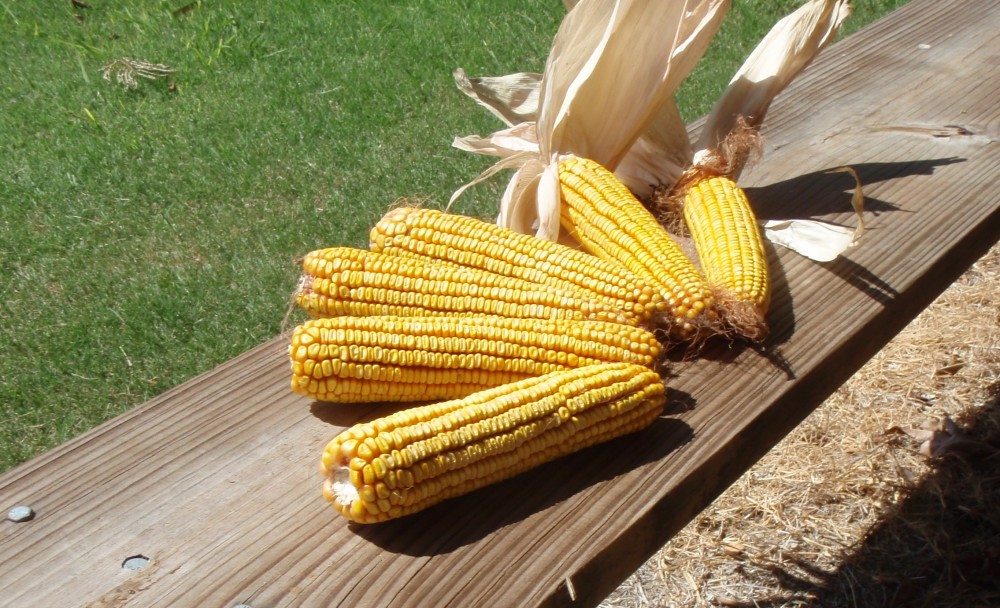“’To bee or not to bee?’ that is the question.”
It is a question older than Hamlet and Shakespeare.
On a cave wall in what is now Spain, 15,000 years ago an ancient bee seeker lifted his stung hand, winched, and drew a picture of the smoke that had routed the bees from their home and its comb. Oh, that honey was sweet, the injured artist thought, but those bees were so wild.
The ancient Egyptians were the first to settle down that wildness. From feral to domesticated, the bees of the Nile became day laborers to the rulers of the delta. Hives and beekeepers illuminate the tombs of the kings, and jars of honey were placed close by the sarcophagus of the boy king, Tutankhamen, for energy on his way.
It is for that energy that the worker bees gather the pollen baskets on their legs.
With that pollen, the laborers fly back to their hives to make the honey to feed their young. Then, they fly out and back again and again and again. The lives of the pollinators are busy and short, but so important to so many more than the bees.
Buzzing into flower-bearing plants, the busy bees are dusted with pollen from the anthers (male parts of the plants), back up, buzz again, and rub some of that pollen onto the stigmas (the female parts of the plants). Without knowing what they have done, the bees have fertilized the plant. Now, the fruit and vegetables can form, be harvested and eventually find their way to our tables to fill our stomachs. In a very real sense, we owe our meals to the hard-working bees.
These days, there are fewer feral or wild bees. By 2006, free bees had almost disappeared from the United States. Lucky for us, there were the Egyptians and the contract bees they first bred. That heritage continues today. From the efforts that begun on the Nile so long ago, we have modern beekeepers, sophisticated hives, contract pollinators and surplus honey.
A relative just harvested 54 pounds of honey from her backyard. That took a lot of work and a lot of bees.
My heart goes out to the buzzing bees that sweat and fly to mine the pollen for the company hive, and I find myself humming an old song to a new set of lyrics:
Some people say a bee is made out of air.
A poor bee’s made outa muscle and buzz.
You load 54 pounds, what do you get?
Another day older and no time to rest.
Saint Peter don’t you call me ‘cause I can’t go;
I owe my bee soul to the company hive . . ..
In 1955, Ernest Jennings Ford, aka “Tennessee Ernie Ford,” sang about “Sixteen Tons” of coal and the day-to-day flight of the miners to the company store. That song was ten weeks at the top of the country charts and eight as number one on the pop charts. The crossover is remembered as Ford’s signature song. It is a tune about the everyday worker who never stops, always keeps going and spends his or her life for others.
That is what the unnoticed bees do for their families and for all of us.
Give a listen to an old song — with a new friend in mind.
Grandpa Jim
